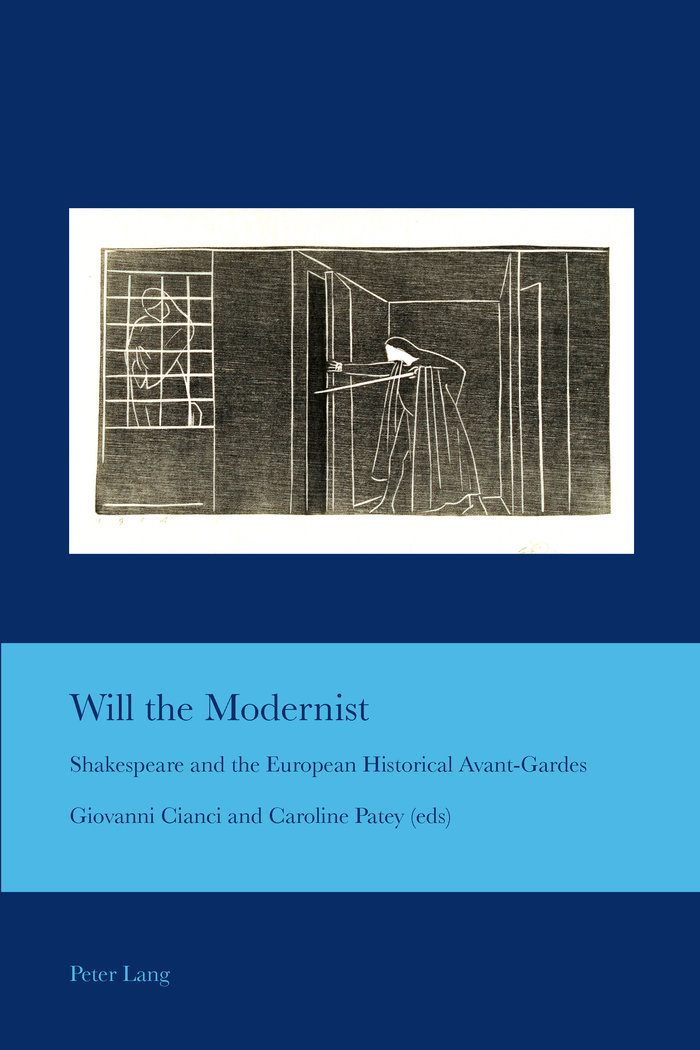Why was the Bard of Avon so frequently on the agenda of avant-garde writers in Britain, France, Italy, Portugal, Germany and Ireland? This volume explores the rich and diverse landscape of Shakespearean encounters in the tormented aesthetics of pre- and post-World War I Europe. However manipulated, deformed or transfigured, the Renaissance dramatist was revived in infinite guises: verbal, philosophical, visual and linguistic. Was he an icon to be demolished ruthlessly as the expression of a stale past or, on the contrary, did his works offer the foundation for new and provocative artistic explorations? Was he an enemy, a foil, a mirror? As they cross the borders of European countries and languages, the essays of this book interrogate Shakespeare's living presence and chart the multiple facets of his vibrant and chameleonic afterlives as no single volume has done before. The exploration of territories situated beyond Anglophone boundaries partly displaces the Bard from his given niche in English culture and retrieves lost or marginalized Shakespearean voices. The annotated bibliographies which complete the volume greatly extend the territory of scholarship and offer a precious map of orientation in the maze of critical works.


